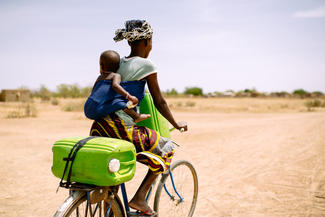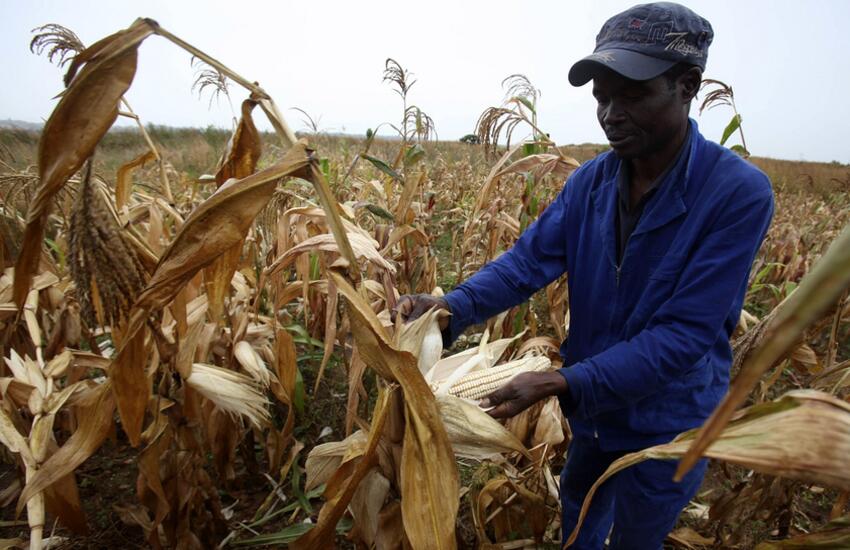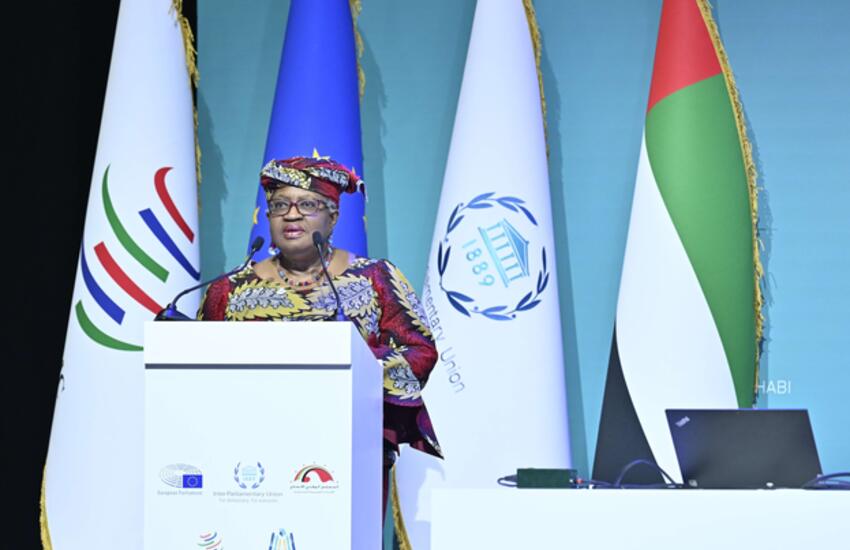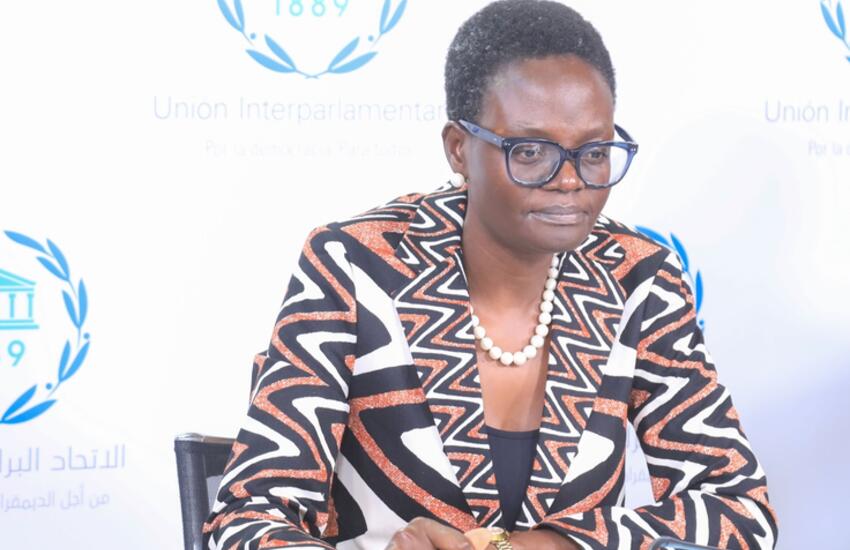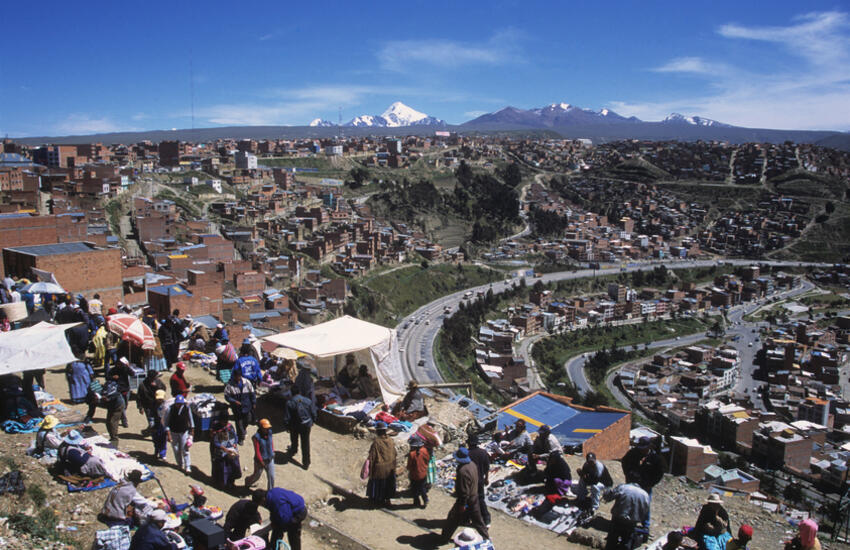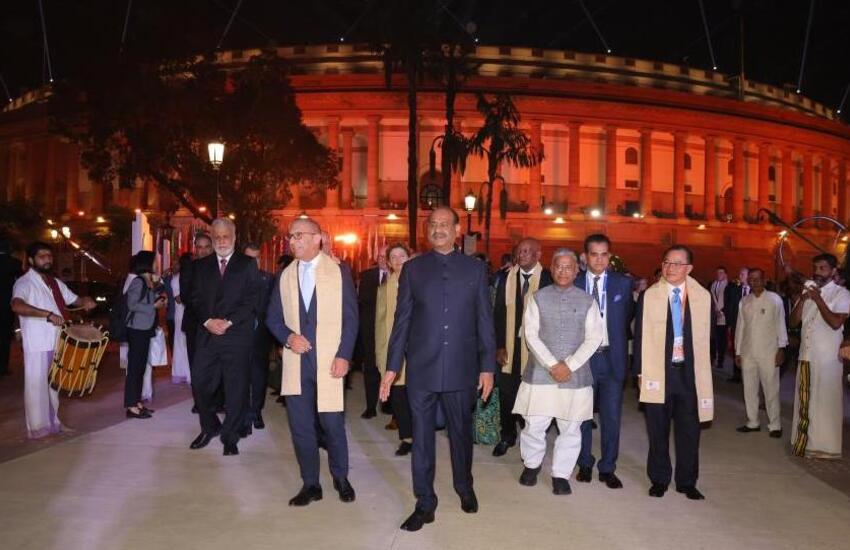The IPU and the United Nations Environment Programme (UN Environment) have organized recently two workshops to help the parliaments of Zimbabwe and Burundi put in place the Paris Agreement on climate change. Over 300 MPs and parliamentary staff attended the workshops which took place in Harare, Zimbabwe, on 8 March and in Bujumbura, Burundi, on 22 March 2019.
The Paris Agreement aims to strengthen the global response to climate change by keeping the global temperature rise to below 2 degrees Celsius. Parliaments have a key role to play in passing relevant legislation, and providing effective oversight on the negotiation and implementation of internationally agreed environmental agreements and climate change goals.
The workshops provided MPs and parliamentary staff with the knowledge and tools they need to effectively support action on climate change and environmental degradation. Topics discussed included the Paris Agreement in the national contexts; the Nationally Determined Contributions (NDCs) made by the governments of the Burundi and Zimbabwe; and the kind of legislation and parliamentary action needed to support the governments in implementing the Paris Agreement. The workshops also helped to prepare the parliamentarians for the 25th Conference of Parties (COP25) in Santiago, Chile, on 2-13 December 2019.
Mr. Pascal Nyabenda, the President of the National Assembly of Burundi, said: “climate change and the resulting natural disasters constitute one of the greatest threats to the global population, particularly the poorest who lack sufficient means to cope with increasingly dramatic consequences.”
In Zimbabwe, parliamentarians discussed measures for the collection of a carbon tax. The chairperson of the Parliamentary Committee on Transport and Infrastructural Development stressed the need for parliamentary action to help collect revenue from the carbon tax, particularly from foreign airlines and long distance trucks using the country’s airspace and road infrastructure.
The vital role of parliaments was also emphasized by the Speaker of the Senate of Kenya, Hon. Kenneth Makelo Lusaka, addressing the Fourth session of the UN Environment Assembly on behalf of the IPU. “Parliaments…have a vital role to play in the implementation of the 2030 Agenda and its Sustainable Development Goals (SDGs) and the Paris Agreement on climate change. We Parliamentarians should maximize our legislative, budgetary, and oversight functions. We need to build national ownership, transform international agendas into national laws, policies, and action plans, and hold our governments accountable.”
The workshops in Zimbabwe and Burundi are part of a joint IPU-UN Environment project, based on a Memorandum of Understanding signed in 2018. The two organizations have offered to assist up to four parliaments to contribute effectively in efforts to combat climate change. This includes helping to build the capacity of parliaments to formulate and review relevant legislation, and provide effective oversight on the negotiation and implementation of internationally agreed environmental agreements and climate change goals.
IPU and UN Environment have also recently published Shades of green: an introduction to the green economy for parliamentarians, which aims to provide parliamentarians with a basic understanding of the green economy and of the policies required to transition toward it.





